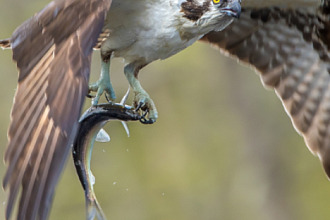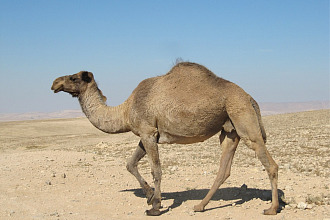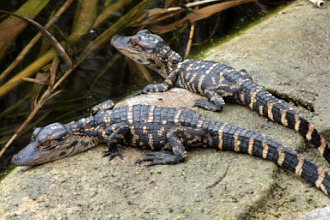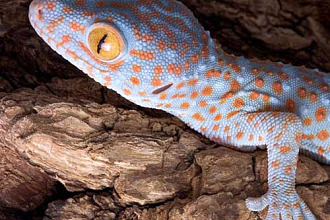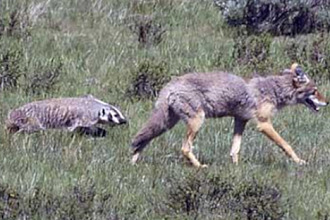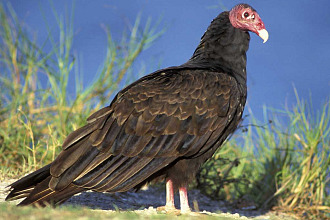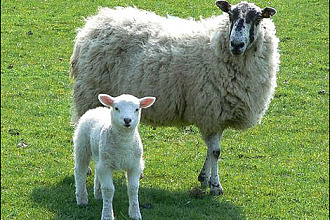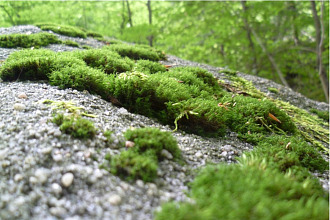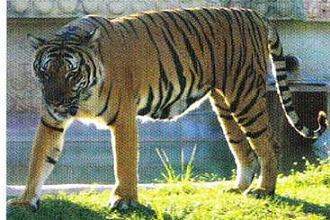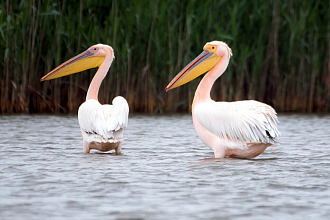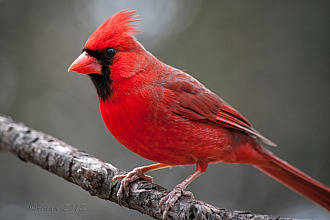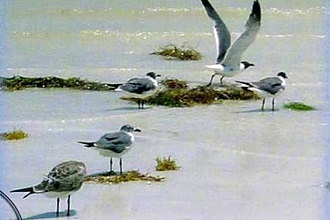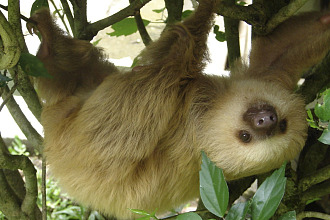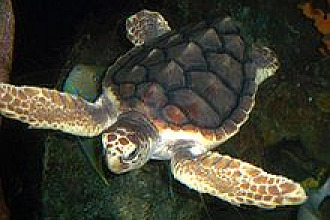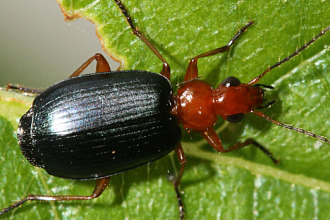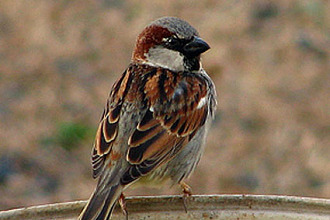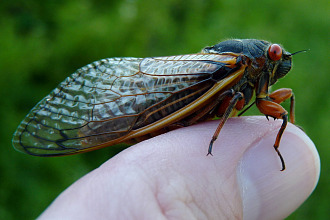The golden plover flies to the artic to mate and raise their baby birds. However, before their babies are old enough for a trip south, their parents take off for their own flight to South America.
Their trip is made over the vast Pacific Ocean. Sometime later the chicks finally are grown enough to make their own way. But their first flight takes them over Canada, the USA and Mexico until they finally reach the area where the entire family spends half of each year. No tour guide told the babies it would be better to travel over land, where they could alight and get food when it was needed. No parent gave them a map or stayed to show them the way. But a Divine Mind programmed them for that first long journey to the south. They'll never use the land/water route again! By the time they are themselves old enough to return north and start a family, their little wings will carry them the entire distance over water. HOW did they know where to fly, as very young birds, on that first trip? Obviously their Creator planned for them to make the trip exactly as they do. It's not at all by accident!
The trunk fish eats crustaceans from the bottom of the sea floor. But you can't eat something you can't find, if it is buried under sand. Would you believe that fish has something similar to a reverse vacuum cleaner mechanism built into his body? He simply blows on a pile of sand when searching for something edible down there, out of sight. Voila! The sand is moved away, the crustaceans are exposed, and he has his dinner (or supper perhaps—maybe even breakfast!) When a video clip of the trunk fish blowing the water away as he searches for food is shown in our A KEY Encounter Nature Theater, the narrator sums up the brief sequence with the words, "Wasn't he created with some practical equipment though?"
Note that very brief phrase uses the word "created" which of course refers to creation, a word that is expanded upon at the end of the A KEY Encounter program. However, as we were building the Nature Theater presentation over ten years ago, that little phrase was one of the first times that creation was alluded to in the program. We had many problems trying to insert those words into the presentation. (The electricity would go out in the house where we were working, or the computer would crash, or something else—over and over and over when an attempt was made to use that audio clip. That went on for many days!) But prayer to God won out, the phrase was finally inserted successfully, and tens of thousands of persons have seen and heard the story of the little trunk fish blowing sand away, while reference is made to his being created! The method the trunk fish uses to find food is definitely NOT BY ACCIDENT. God made him that way!
"NOT BY ACCIDENT" (c) Juanita Kretschmar is used by permission and was first published in the book "Not By Accident" page 13.
Picture originally found here








